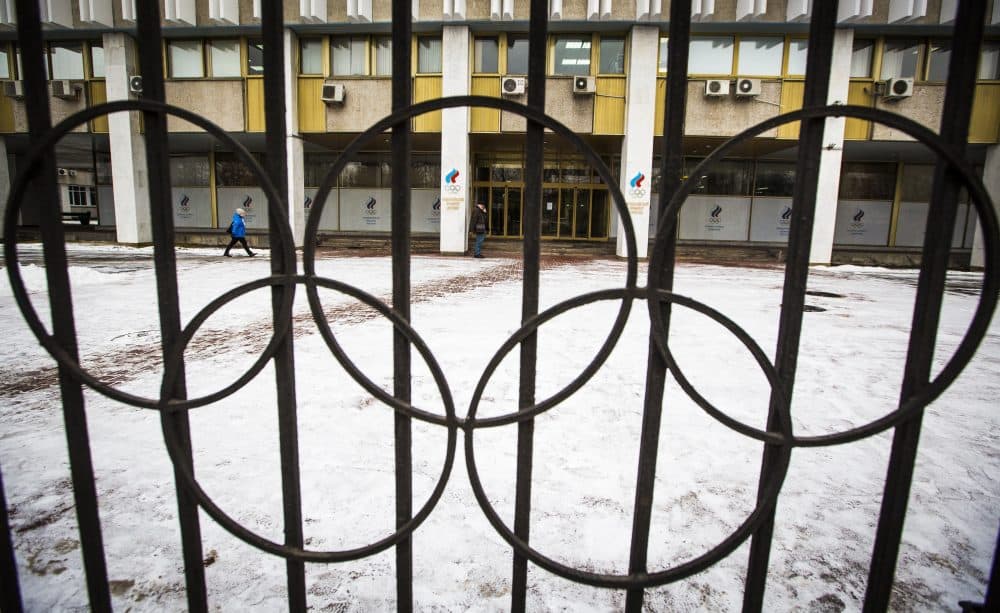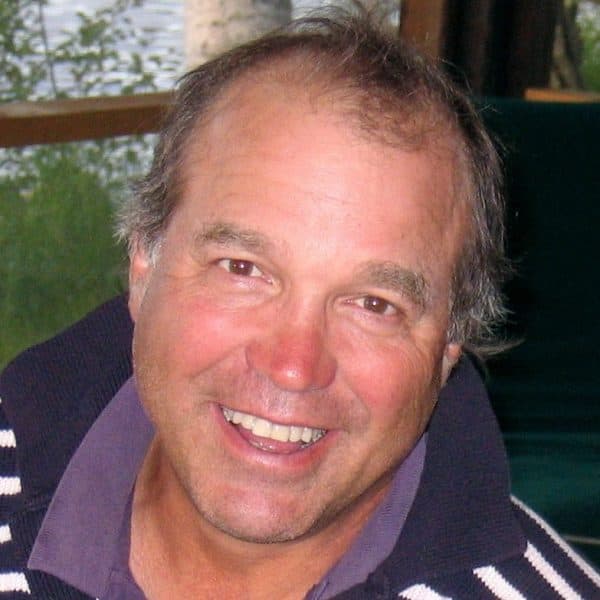Advertisement
Commentary
Will Russia's Olympic Ban Help Root Out Doping?

You could have knocked this long-time Olympic scribe over with a feather when I heard the International Olympic Committee had banned Russia from participating in the 2018 Winter Games in Pyeongchang, South Korea. It is the first time any country has ever been barred from the Olympics for implementing a state-sponsored performance enhancing drug program, and while the IOC’s was not exactly a timely decision, it marked a new and long overdue willingness by that organization to call out cheaters — even powerful ones.
Russia’s illegal drug program has been in place for years, its probable apex occurring during the 2014 Sochi Olympics, which was so dear to the heart of President Vladimir Putin. But it didn’t start there.
According to the McLaren Report, an independent investigation commissioned by the World Anti-Doping Agency (WADA), at least 1,000 athletes in 30 sports were part of Russia’s systematic doping program between 2012 and 2015. Dr. Grigory Rodchenkov, who was director of the doping lab in Sochi and one of the principal architects of Russia’s entire athletic doping program, estimated in a 2016 interview with the New York Times that two-thirds of Russia’s Olympians in Beijing in 2008 and half those in London in 2012 were using illegal drugs.
Leading up to Sochi, Rodchenkov personally gave dozens of Russian Olympians, including at least 15 medal winners, cocktails of banned steroids in preparation for the Games. Then, with the help of Russian FSB security agents (the equivalent of our FBI), he helped cover up the drugs in their systems by swapping clean urine samples for the dirty ones via a small hole in the wall of the Sochi doping lab. Rodchenkov admitted he later destroyed over 1,400 urine samples to help cover up the evidence from WADA.
Rodchenkov was described as a rogue operator by Russian sports officials, but his account was corroborated by a couple of Russian whistle-blowers, and by the McLaren Report, which came out in July 2016. Rodchenkov is now in hiding in the U.S., in witness protection, fearful for his life. Two of his colleagues who worked in the Russian anti-doping agency died under mysterious circumstances after Rodchenkov left the country, and Leonid Tyagachev, head of the Russian Olympic Committee between 2001 and 2010, told a radio interviewer that Rodchenkov “should be shot for lying, like Stalin would have done.” In short, Rodchenkov could not be more credible.
... individual cheaters will always be looking to find an edge. But the era of state sponsored drug programs might just come to an end as a result of this ruling
Track and field’s ruling body, the International Association of Athletics Federation (IAAF), moved quickly after the McLaren Report was published, and banned Russian track and field athletes from competing in 2016 in Rio. But the IOC, in a major waffle, said it wanted to complete its own investigation into the doping allegations, allowing Russia as a nation to compete in the 2016 Summer Games. This earned IOC president Thomas Bach the nickname “Putin’s Poodle” and reinforced the organization’s reputation for spinelessness. Nothing really new about that. The IOC has always been guided more by politics than principles, and Russia is a powerful political force within it.
So on Tuesday, when President Bach announced that the IOC’s executive committee, following the recommendations of its disciplinary committee, had voted to exclude the Russian Olympic Committee entirely from the Pyeongchang Games ... well, like I said, knock me over with a feather. It further announced that Vitaly Mutko, Russian sports minister during the Sochi Games, and his deputy minister were banned from the Olympics for life. And Alexander Zhukov, an IOC member and current head of the Russian Olympic Committee, was suspended indefinitely. The Russian Olympic Committee was also fined $15 million to cover the costs of the IOC’s internal 17-month investigation.
Individually, Russian athletes will be permitted to petition the IOC for the right to compete in the Games, but if they do so it will be under the banner of Olympic Athlete from Russia (OAR), not the Russian flag. That is provided, of course, these athletes submit to rigorous drug testing and have not been implicated in illegal drug use in the past. If one wins, the Olympic anthem will be played at the medal ceremony, not the Russian anthem.
Zhukov took the stern ruling with surprising equanimity: “My apologies for the violations of anti-doping regulations which were allowed in our country,” he said.
Mutko, less so. He tweeted (in Russian): “Go ahead and march under your rag (that neutral flag). Russia will never be on its knees! IOC, and personally Tomas Bach, F--- YOU!!!!”
In any event, it was a good week for this oft-criticized organization, and perhaps a sign of better days to come in the Olympic movement. Only a fool would believe that the Pyeongchang Games might, as a result, be drug free. Sadly, individual cheaters will always be looking to find an edge. But the era of state sponsored drug programs might just come to an end as a result of this ruling, which would be a welcome step in the whack-a-mole fight against performance enhancing drugs in sport.
